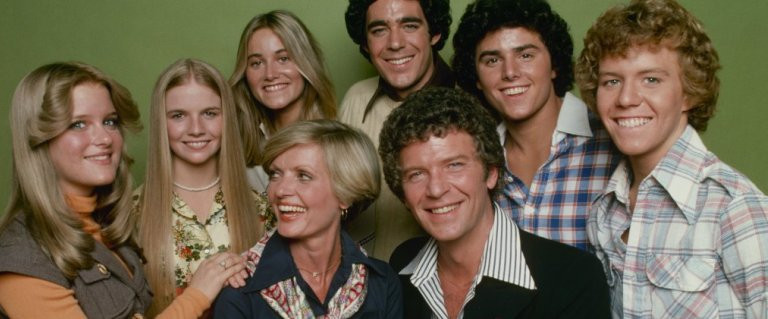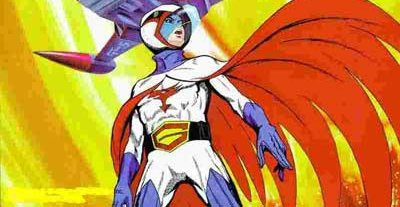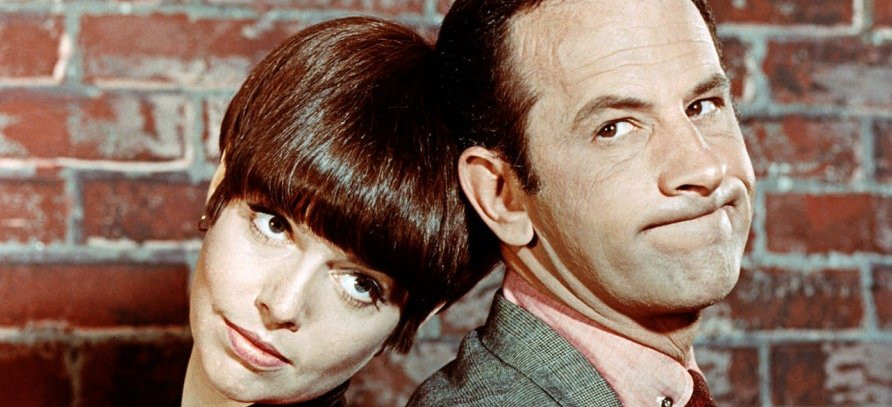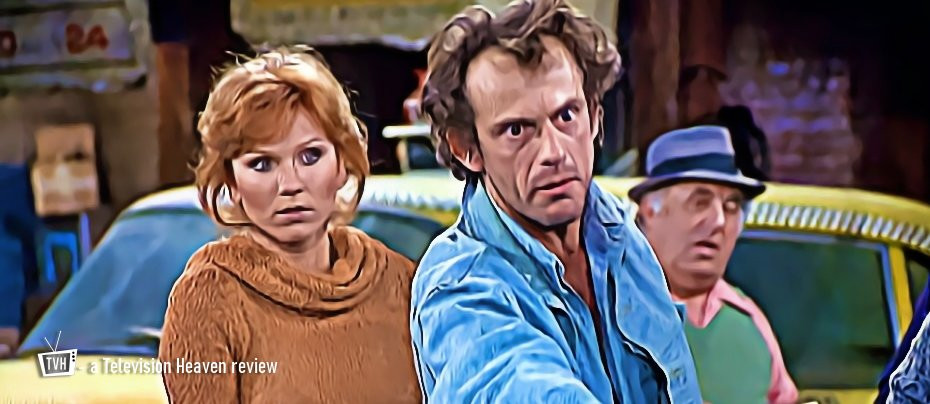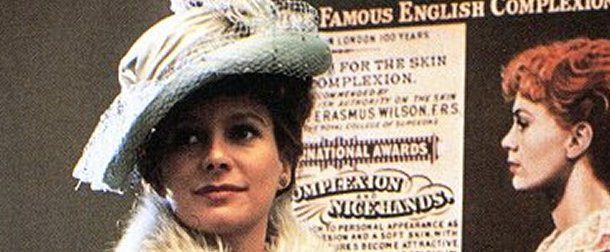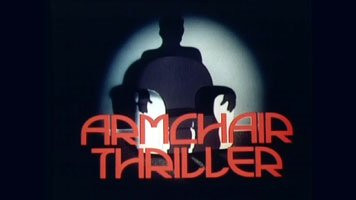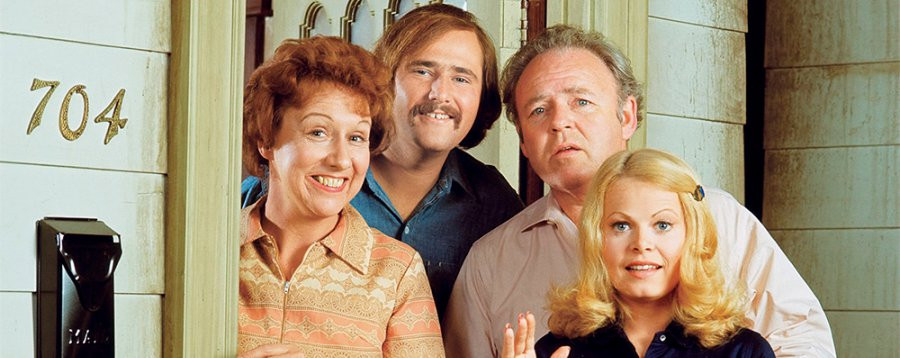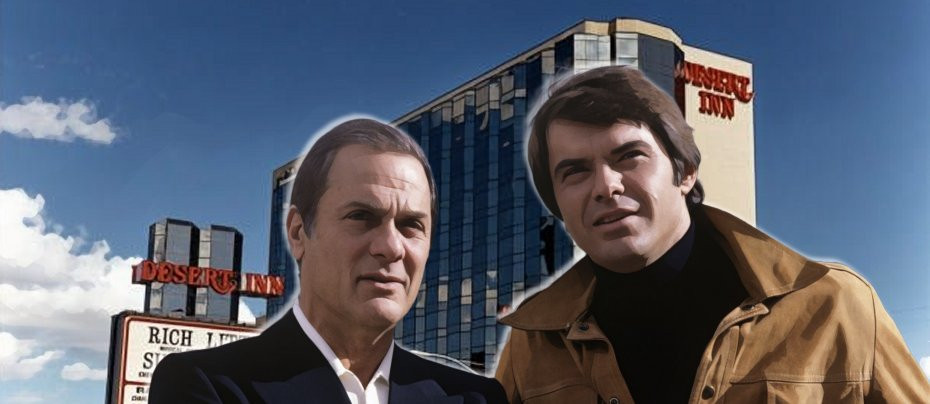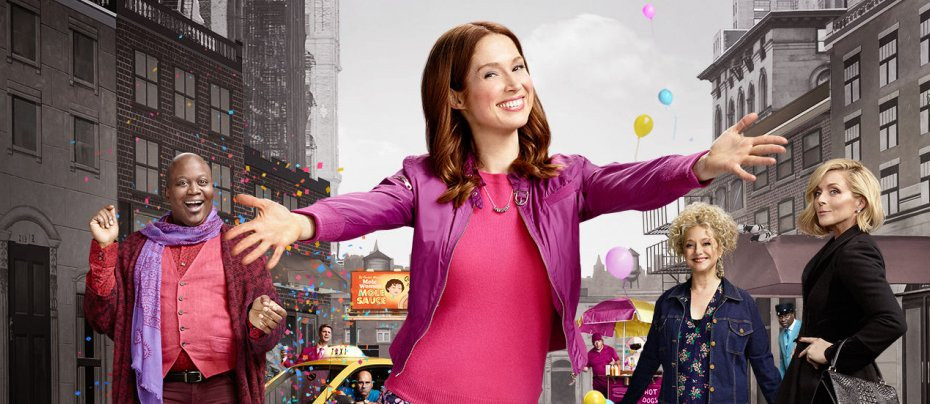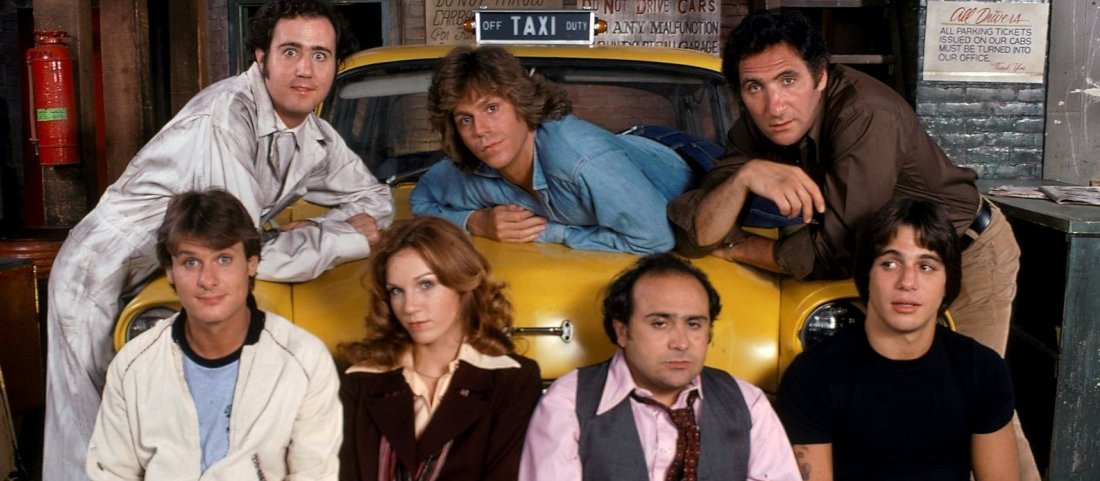
Taxi
1978 - United StatesIn the late 1970's, ABC signed four of MTM Productions' best producers to develop new series. (James Brooks, Ed Weinberger, Stan Daniels and David Davis each worked on or helped create such classic sitcoms as The Mary Tyler Moore Show, The Bob Newhart Show and Rhoda. The quartet created the "John Charles Walters" production company (Walters was fictional) and bought the rights to a newspaper article about cab drivers. From there, the four developed a workplace "gang comedy" about a group of off-centre employees at New York City's Sunshine Cab Company.
That in short was the origin of Taxi
The father figure and only "career" cab driver of the bunch was Alex Rieger, the one everyone looked to for advice. His co-workers included divorced mother and art gallery assistant Elaine Nardo; boxer Tony Banta; aspiring actor Bobby Wheeler; student John Burns and immigrant mechanic Latka Gravas (Andy Kaufman), who came from an undetermined country. Best of the best was the short, manipulative dispatcher Louie DePalma (Danny De Vito) and ex-1960's hippie "Reverend" Jim Ignatowski (Christopher Lloyd). The De Palma character served as a springboard for the vertically-challenged De Vito, who went on to a successful acting and directing career after Taxi. The show also helped Kaufman earn a reputation as a controversial comic; that legend continued even after his death in 1984.
Like MTM and the other comedies from the four creators, Taxi featured well-written situations and actors who brought dimension to what could have been one-note, cardboard characters. Unlike MTM and the others, the show was aimed to a mostly male audience. Following ABC's strong comedy lineup of Happy Days, Laverne & Shirley and Three's Company, Taxi drove straight into television's top ten soon after its September debut.
Some of the show's classic episodes included "Sugar Mama", a 1979 episode where Alex is "kept" by a rich older woman who pays him to drive her around New York. (Actress Ruth Gordon won an Emmy for playing the wealthy matron.) Later that year came "Reverend Jim: A Space Odyssey", which introduced Lloyd's character, complete with a very funny scene where Jim had to take a driving test to get his cab licence:
JIM (WHISPERING TO BOBBY): What does a yellow light mean?
BOBBY: Slow down.
JIM (SLOWING SPEECH) What...does...a...yellow...light...mean?
BOBBY (HISSING): Slow down!
JIM (EVEN SLOWER): Whaaaaat...dooooooes...a...yellllllllow...llllllllight...meeeeeean?
"TV Guide" later named Reverend Jim Ignatowski 32nd on its list of "TV's Greatest Characters Ever". But he couldn't beat Sunshine Cab dispatcher Louie De Palma, who topped the list. As one writer noted, De Palma became "one of the most despised men on television-possibly the most unredeemable and worthless louse of a character ever to reside on the small screen".
The De Palma character served as a springboard for the vertically-challenged De Vito, who went on to a successful acting and directing career after Taxi. The show also helped Kaufman earn a reputation as a controversial comic; that legend continued even after his death in 1984. Taxi also helped Danza become a familiar television presence with such series as Who's The Boss and Family Law; it also boosted the TV careers of Hirsch and Henner. Lloyd became a well-regarded movie character actor in such films as the "Back to the Future" series. (Conaway and Carver left the show before its run ended.)
But critical acclaim and a loyal fan base couldn't keep the show on the air indefinitely. In 1980, ABC in America moved the series from its comfortable Tuesday slot to Thursday nights, where it fell out of the top 20 to 53rd place. In 1982, ABC cancelled it, the same year show producers Glen and Les Charles and director James Burrows left to create their own "gang comedy" on NBC-a little show called Cheers. Pay cable network HBO made a bid to revive Taxi, but it was NBC that brought the show back. The network, which was mired in third place, promoted Taxi as part of what ads called "the best night of television on television". It was no idle boast. The NBC Thursday schedule for the fall of 1982 featured the well-done series version of the film Fame, newcomer Cheers, the transplanted Taxi and the groundbreaking police drama Hill Street Blues.
With ads declaring "Same time, better network," NBC launched the new lineup and hoped for the best. Only Hill Street Blues made it into the top-20 that season; Cheers was at the bottom of the ratings but showed enough critical promise for NBC to nurture the show-a decision that would eventually pay off big. Fame left the NBC schedule for first-run syndication at the end of the season. As for Taxi, it finished its one and only NBC season in 73rd place, the worst showing in its five-year history. Not surprisingly, the series was cancelled-this time for good-and its 111 episodes immediately went into syndication.
Taxi continues to have a loyal fan base in reruns. Looking back from today's vantage point, it was a "workplace comedy" that bridged the gap between the classic Mary Tyler Moore Show and the even more successful Cheers. The fact that all three shows shared many of the same personnel and bloodlines proves that good breeding-even in television-can produce impressive results.
Seen this show? How do you rate it?
Seen this show? How do you rate it?
Published on February 6th, 2019. Written by Mike Spadoni (2003) for Television Heaven.


